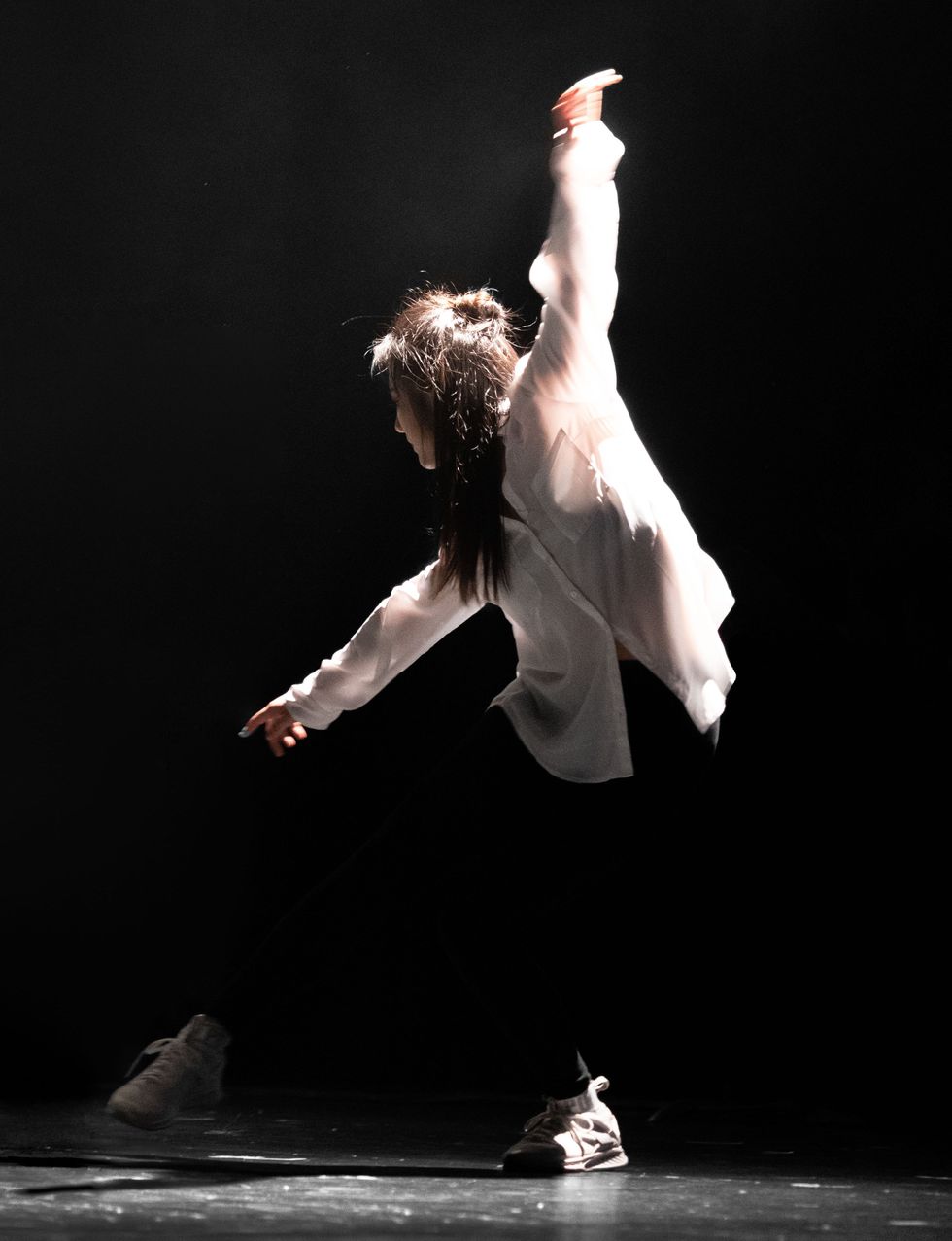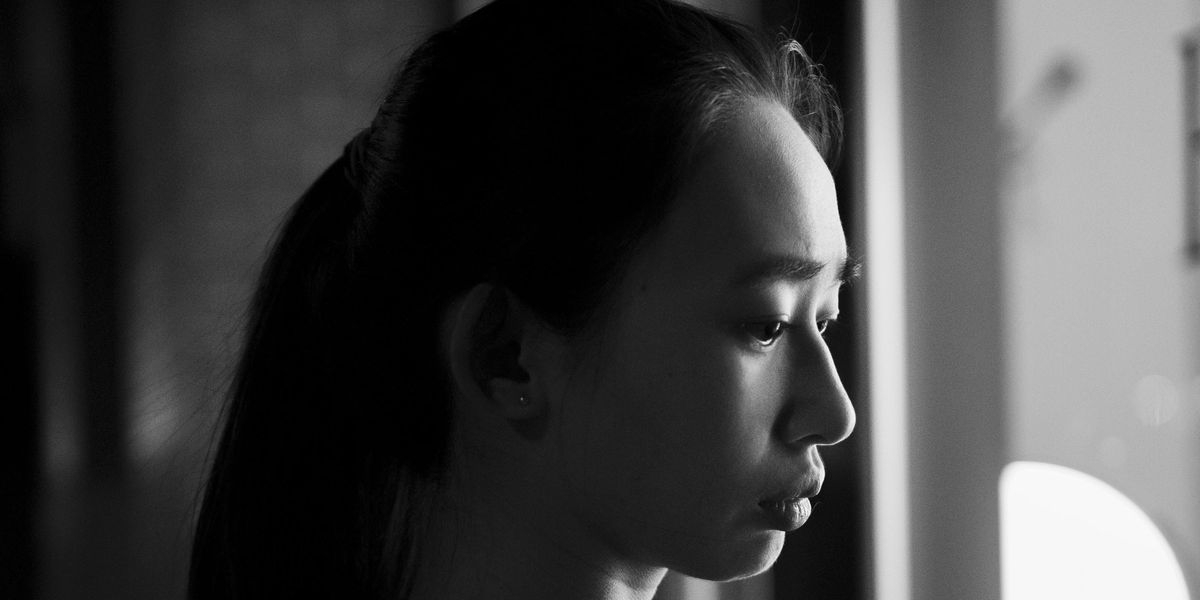More Dancers Experience High Levels of Shame Than the Average Person. Here's What You Can Do
Let’s say that today you’re having a terrible time following your class’s choreography and are feeling ashamed—you’re always stumbling a few beats behind. Do you:
1. Admit it’s your fault because you didn’t study the steps last night? Tonight you’ll nail them down.
2. Feel worthless and alone? You slump your shoulders, avoid eye contact with your teacher and fellow dancers, and wish to disappear.
Shame is a natural emotion that everyone occasionally feels. If you answered #1, it may be appropriate—you earned it by not studying—and positive if it motivates you to do better in the future.
If you answered #2, your shame may be highly debilitating—increasing your anxiety, lowering self-esteem and causing feelings of inferiority and isolation. “It’s not that what you did is wrong,” says Paula Thomson, a professor and dance coordinator in the department of kinesiology at California State University, Northridge. “You feel like your entire being is wrong.”
Shame, Anxiety and Childhood
 MAFFITI / Merily/Unsplash
MAFFITI / Merily/Unsplash
Thomson, who is also a licensed clinical psychologist and a certified sport psychologist, recently co-authored a study that looked at shame in pre-professional and professional dancers of ballet, contemporary and urban street dance. Most of the dancers had low levels of shame. However, about 11 percent had high levels, meaning their feelings of shame reoccurred frequently or heavily affected their senses of self and how they interacted with others. In turn, they experienced more anxiety (dread about things that might happen in the future) and decreased self-esteem. (In comparison, Thomson’s research has discovered that a whopping 26 percent of opera singers have high levels of shame, compared to 4 percent of the general population.)
There are many reasons why dancers may be more susceptible to shame than the average person: the constant demands of public exposure, critical evaluation by teachers, the pressure to stay thin, the competitive nature of company rankings or working freelance, or the rarity of being a man in a female-dominated world. “You’re forever being judged,” says Thomson.
However, one big cause stood out in this study: a bad childhood. Thomson says, “Our research shows that when you have more childhood adversity, you’re way more vulnerable to being shamed and anxious.” This means that high-shame dancers may have lived through emotional, physical or sexual abuse; physical or emotional neglect; or family issues like mental illness, incarceration or substance abuse. These experiences color how children see themselves, with effects that can last into adulthood.
Teachers who regularly use shaming as a training tool only perpetuate the problem. Thomson says they should “be very aware that there are a lot of students who are hiding high anxiety and high shame. Creating a shame-based culture of learning is only going to intensify that toxic level of shame and most likely destroy that raw talent that may exist.”
How Do I Overcome It?
 Leon Liu/Unsplash
Leon Liu/Unsplash
To decrease the negative impacts of shame, Thomson suggests the following:
1.
Name it:
Think about what you’re feeling. Is this shame? Acknowledge it.
2. Normalize it:
Shameful dancers tend to personalize what they’re feeling and think they’re the only one, says Thomson. “They have to normalize it and let themselves know that this is a social emotion that we all get to feel.”
3. Move forward:
After a bad class, Thomson says you should get curious. “Why did it go wrong today? Oh, it’s because you only had three hours’ sleep.” Then you can make a plan to not let that excuse happen again.
As for that dancer who didn’t learn the choreography, Thomson says, “If you beat yourself up and think, ‘Oh, I’m no good, I should quit, I don’t deserve it, everybody’s looking at me, they hate me,’ then the emotional state is running the show.” Rather, she suggests that you focus on being more task-oriented, taking on a mind-set of “Well, I screwed up. I need to learn this and I’d better pay attention and do it right now.” Thomson says, “Although shame tends to be regarded as negative, it can be positive. It depends on the degree.”




